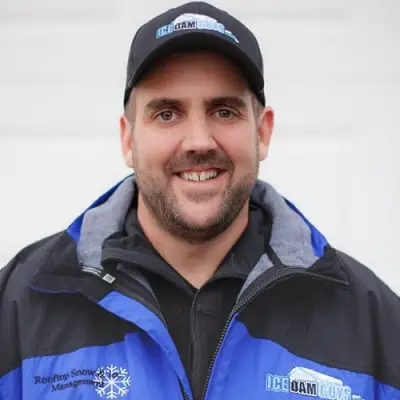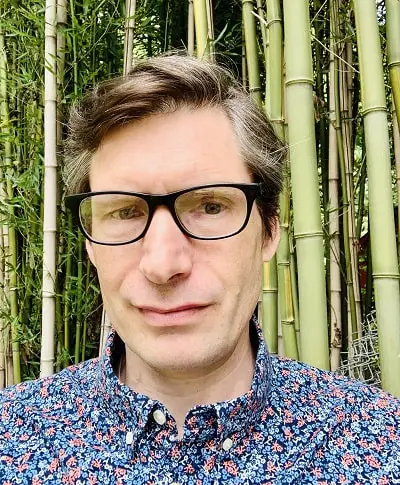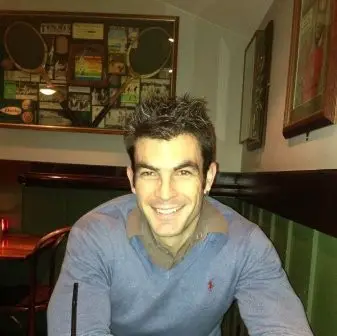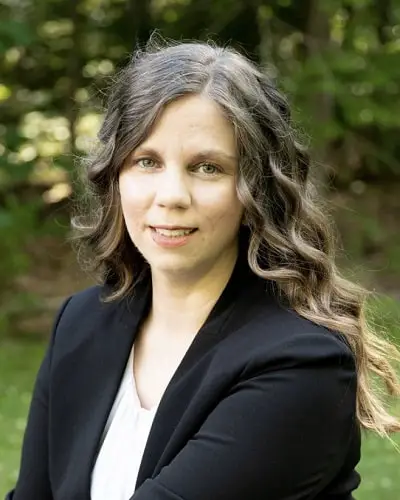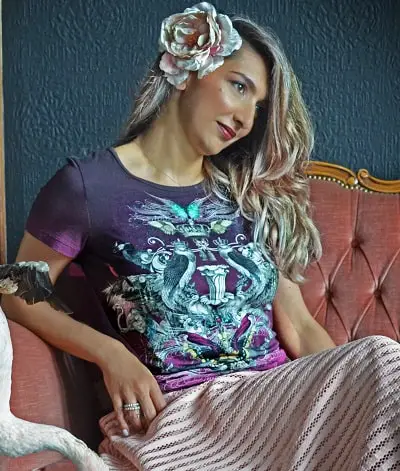Day in the life of
Child Protective Specialist – Will Kesselman
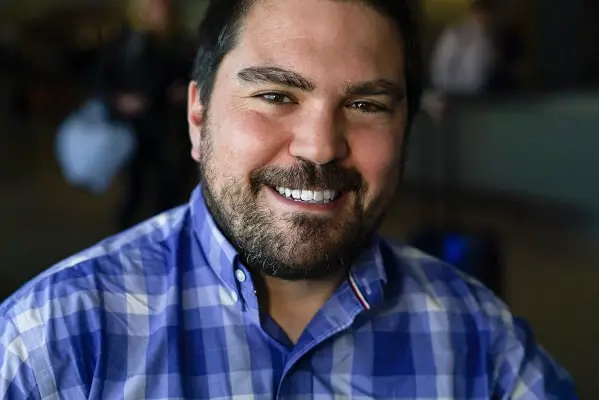
I currently work as a Child Protective Specialist (CPS) for the City of New York. What this means, is that I investigate cases/investigations for NYC. The cases can be about Sex Abuse, Domestic Violence, Substance Abuse, Mental Health, school-related issues, medical well-being, Sex Trafficking, and even COVID-related. While many have heard the term caseworker, very few know about our day or what we do on a day to day basis.
My Typical Day
The Protective/Diagnostic (P/D) CPS usually starts their day around 9am, and work until 8 or 9pm at night. They work late for two main reasons. There are Follow-up visits to the families on the CPSs caseload, and there are new investigations. The CPS also makes visits to schools, hospitals, and other places. The CPS also has paperwork they have to fill out for each family, as well as possibly more paperwork for referrals made, or anything else. So, this can easily fill up the day.
For CPSs in Family Service Unit (FSU) units, they make follow-up visits to the families in their caseloads. They also make referrals to therapists or other services for the family. This can be based on what’s happening in Court, or based on the concerns for the family/the well-being of the family, or based on the family’s requests. The CPSs in this unit are usually less stressed because they have more control over their schedules and lives.
When you first start you can’t always choose which unit you want to go to. There are also other units or divisions where a CPS can be assigned, straight out of the academy, but the P/D and FSU units are the usual options.
Also, FSU and P/D CPSs make visits at night, after 5pm, because families work, or children are in school until late, or the children take a long time to get home by bus (depending on how far their school is from the home). Sometimes the CPS needs to interview one of the parents, who work long hours, so they’ll make the visit later at night.
Then there are trainings, re-turn court appearances, giving in progress reports to the court- known as Court Reports, testifying when the Court case goes to trial and doesn’t settle, and meetings (for the unit and for the building that covers a specific area within the five boroughs of NYC).
Pros
While you can’t, and usually don’t, see an impact of your work with most families, you do see a positive impact with at least a few families every so often. And it is that positive impact, every so often, that shows you what you’re doing can actually help people. That you’re actually making a difference. Children didn’t ask to be brought into this world. So, a child sometimes needs help to defend themselves from an abusive adult. They could be in a school situation, it could be at home, I could be in any situation. And so, a child protective specialist protects children and gives them a voice, when they themselves can’t protect themselves. And so they often can’t defend or protect themselves, and they need someone to step in to protect them from a parent or guardian or a stepparent or any adult.
Another pro or positive aspect of the job is that you are not sitting behind a desk. Most people who do the job of a child protective specialist, or the equivalent throughout the country, and I can speak to a lot of those who do this job throughout the country because of my experiences, they do this job because they’re evil and need to be and do work outside of an office environment. Granted there is documentation/paperwork where you have to be behind a desk and type the information. Usually, about two days or more per week is given to documentation and paperwork. Also, another positive aspect of the job is the amount of information you can learn over the course of a longer career. You learn about the court systems, you learn about a lot of professional systems, you learn about the police system, you learn about how hospitals run, and more. So, you get a very understanding of how a lot of things work in society. This helps you help, Not just the clients of those you’re investigating and those you protect; it also helps you help family or friends who may need guidance, or actual protection from people causing them harm.
Also, most people who do the work of a child protective specialist, or its equivalent, are people persons, or extroverts. And, with this job, you do get to meet a lot of people. And when I say a lot, I mean a lot of people! You meet doctors, nurses, police officers, detectives, lawyers, people/professionals in the courts, some judges, people throughout every aspect of the community, teachers, school ministries, social workers, school guidance counselors, school psychologists, mental health professionals, and much more.
There are times when you might be able to end your day earlier than six or seven or 8 o’clock at night because you’re able to end the day in the field. What this also means is that you’re often closer to your house, because you made visits to homes (another term for visits to homes are called field visits).
Also, there are times when you have to make a school visit, or another visit before you get to the office. Those visits let you start your day earlier, but they also might be halfway from your home to the office, or at least, a shorter distance from your house, then going from your home to work to clock in. So, that benefit of a little bit less travel time, or being able to start your day a little earlier, because where you’re starting your day is closer to where you live, is a pretty cool perk.
Another positive aspect to the job is the training that you get is very unique. You’re able to participate in very unique training. Some of these training are attended by police officers, detectives, and other professionals like doctors or lawyers or specific or niche type of social workers. These training can be very interesting, and also can set you apart, should you wish to eventually leave the job and apply for a different job, or do something else in your career.
Another positive aspect of the job is that you almost always work in teams. While you may do investigations on your own, without a partner, there are times when you do investigations with a partner. The same is also true if you’re in an FSU unit, you may make home visits with a partner, or a unit meet, instead of doing it alone. But you don’t always make all of The visits or face-to-face interactions with a colleague. But, you’re able to work in teams.
Cons
The long hours, or the often long hours, or one of the negatives.
A lot of people, especially those when they first start the job, have some issues with the hours that are needed for the job. And, their loved ones or their intimate partners, may not be able to understand the amount of hours or the amount of work needed for the job. Some types of investigations/cases need a lot of hours to be able to do the work. Sex abuse cases often require a lot of work, and time, because a lot of time is needed to get at the actual truth.
While the overtime is positive, there are many people, especially the veterans, who often feel that sometimes, or a lot more than sometimes, the money isn’t worth the time that you could have in the evening, or at night, to do other things. The things that you may want to do our social events, like concerts, or sports games, or attend or participate in any type of social event or gathering. The long hours often prevent you far from being able to make plans, because you don’t know if you’ll be free that night. And, obviously, the job comes first.
Another con is the need to take care of your mental health. While most of those who do the work, don’t need to go to counseling throughout their career. They do need, at some point in their career, to consider or actually yet mental health counseling.
Another con, is the things that you see, on the job. The heavy topics and situations like sex abuse, and other abuses between one person and another, can have an effect on a person/the person doing the work of a child protective specialist. Again, not all/most don’t have a negative impact on the work. But a lot of the more seasoned professionals, are aware of this issue, and take extra care to be aware of it and to recognize if and when they need to address concerns that affect them from the job.
Another negative, is the pressure of the job, for example, you are constantly moving from one concern to the next. So you may have to run to court because you’re called to court at the last minute call. You may then have to make a visit or address an emergency on one of the cases/investigations you’re working on. Then you may need to complete documentation or paperwork that’s due that day, that couldn’t get done earlier because of Emergencies that needed to be addressed. This is less of an issue if you’re in an FSU unit. It is also less of an issue, depending on where you work throughout the country. Child protection is by the county, even though the laws are by the state. So, each county within the five boroughs of New York City will be affected by the laws a little bit differently. Even though the protocols and procedures are citywide. So, one negative aspect is that you might be used to, and have an understanding, of how the law is applied in your county, you may have to file a case in court in a different county. And, The way that laws are applied in a different county might be different. This has an impact on your work, because sometimes you may not be able to file the case right away, even though it’s cut and dry for where you are assigned to do your work as a child protect specialist.
Another negative is if a colleague needs to go and respond to something with a partner, sometimes you have to drop what you’re doing and go help them. Obviously, you always want to help your colleagues, but there is the added pressure of not getting your work done when you thought you might be able to get your work done, because of the needs of those in your unit, of those who work in your building (other units in your office), or of the agency.
Advice to aspiring CPS
To work as a Child Protective Specialist (CPS) you need to take and pass the CPS exam. You also have to meet the qualifications to be a CPS. For those who passed the Child Protective Specialist exam and meet all of the requirements, you can work in two main roles. There are some exceptions. The two main roles are working in a Protective/Diagnostic (or P/D) or a Family Service Unit (or FSU). Those who work in a P/D unit are investigating cases/investigations of Child Abuse or Neglect. Those who work for a FSU unit, are working cases where a family has been taken to Family Court, which happens when a family or family member is doing something harmful to a child or children, or a parent/adult didn’t/aren’t protecting the child/children from harm (abuse or neglect).
The CPSs who work in P/D, are those who receive new investigations on a random basis, and then work those cases. They’ll make contact with the immediate family involved in the investigation, they’ll contact the extended family who don’t like at the home, they’ll contact any relevant school professionals, they’ll contact any relevant therapists, the child’s/children’s pediatrician, the child’s/children’s specialist medical providers if they have any diagnoses or medical concerns/limitations, and any other appropriate people or professionals. The CPS assigned to P/D are also responsible for going to court to help draft and file Court papers. This is when a CPS takes a family to court, because one or more people caused harm to a child, or one or more people didn’t protect a child.
The CPS will also make referrals for the families to receive a Child Care voucher; so that the child, under the age of 4, can go to day care at a rate/cost subsidized by the government. The CPS will/can provide items like pack n plays to a family that doesn’t have a safe place for a young child. The CPS will/can provide a smoke and carbon monoxide detector, to a family who doesn’t have one. The P/D CPS will make referrals or provide information to the family to get counseling or other services through NYC or on their own, from Community Based Organizations.
The P/D CPS has a maximum of 60 days to complete the investigation.

